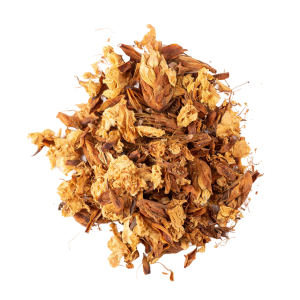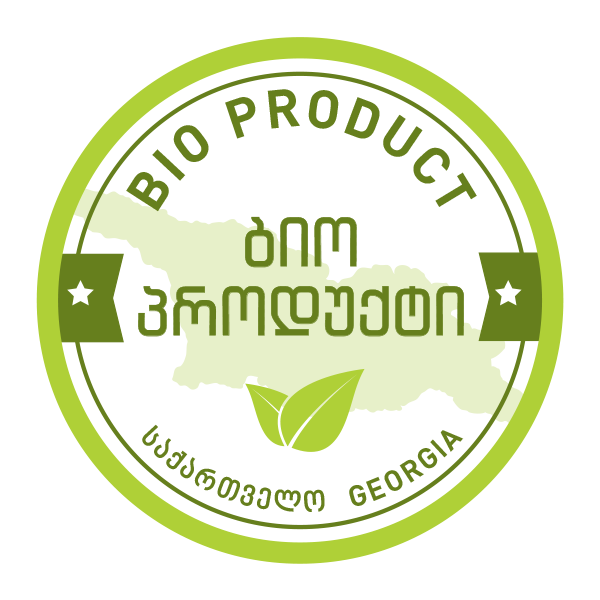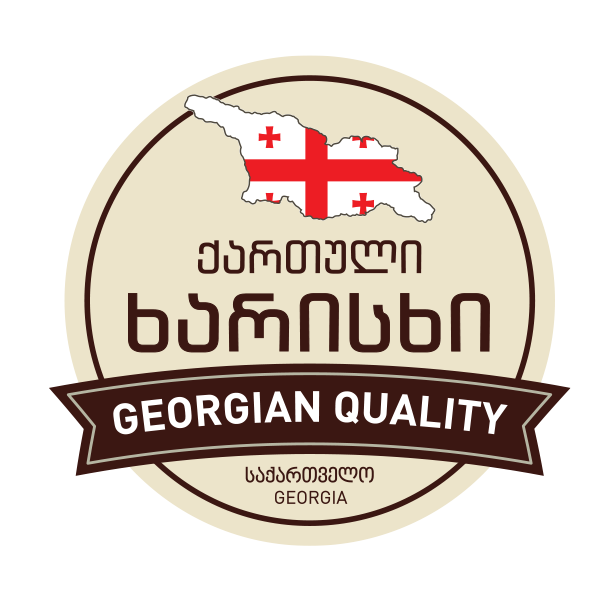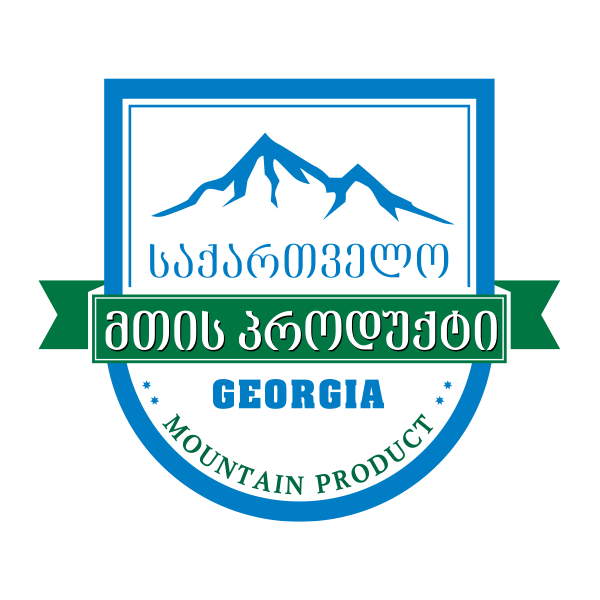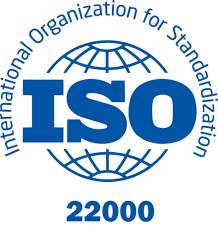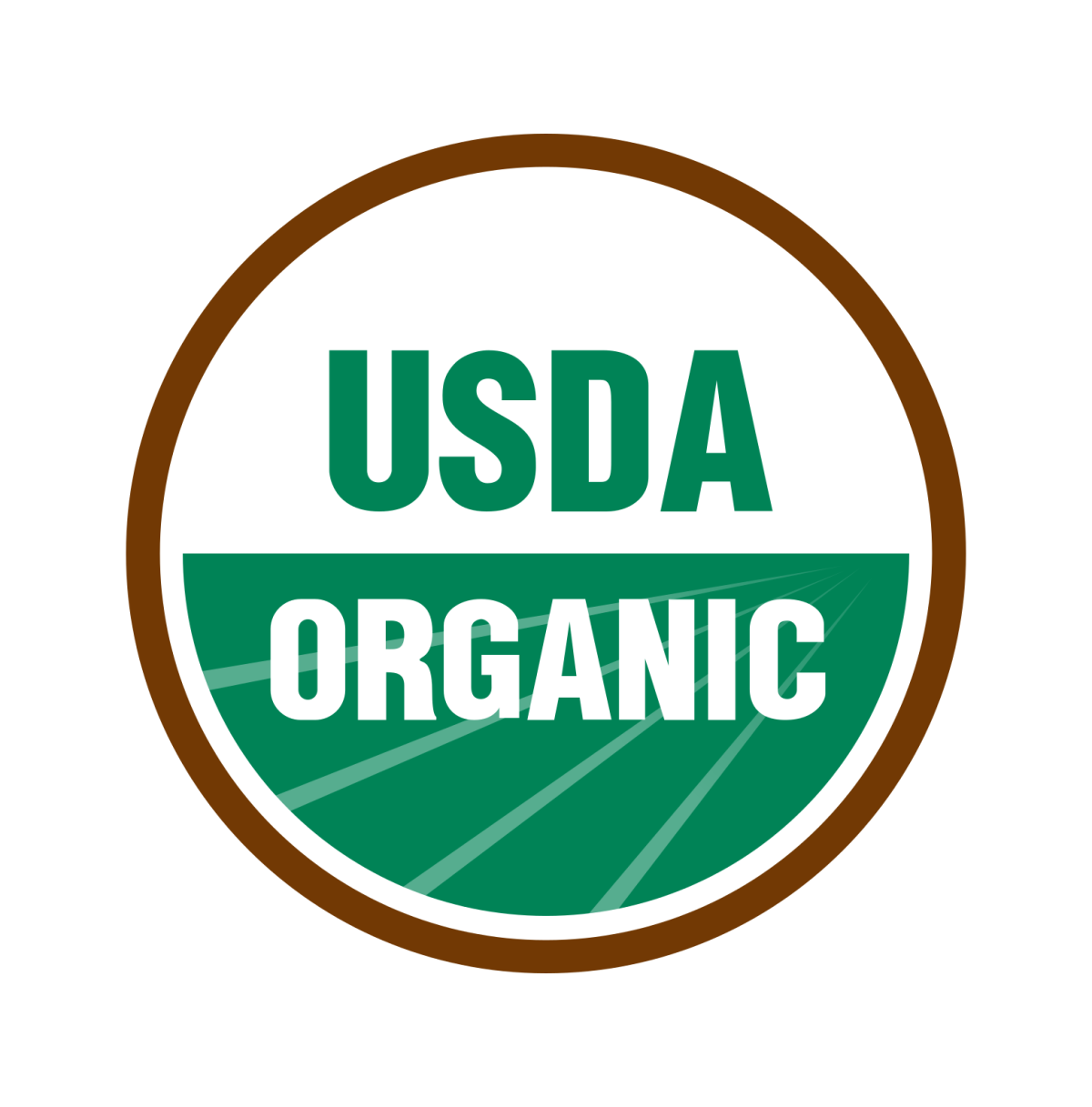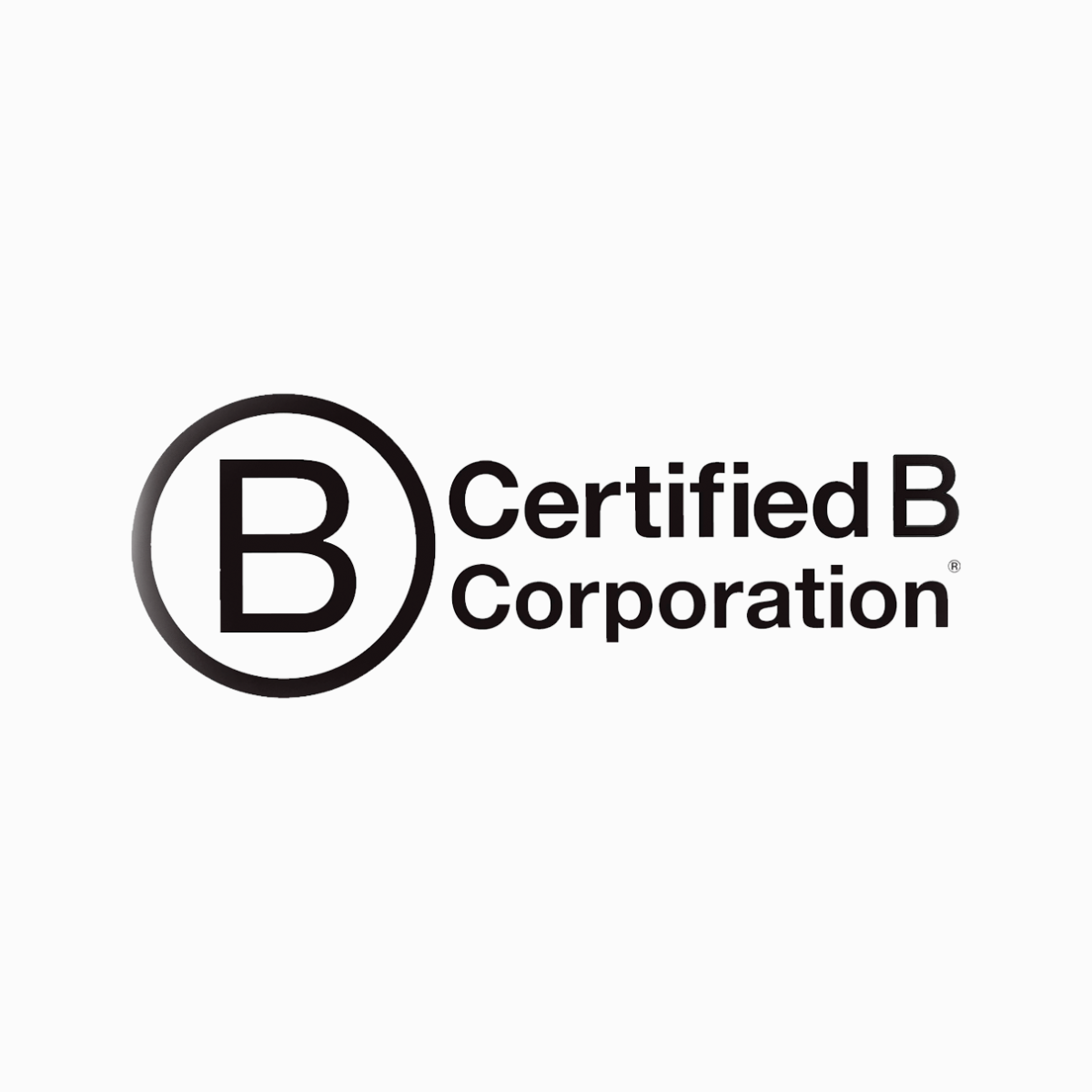B corporation
B Corporation (also known as B Corp) is a certification process and designation that aims to identify and promote companies that meet certain social and environmental standards. B Corps are businesses that have been certified by the nonprofit organization B Lab to meet rigorous standards of social and environmental performance, accountability, and transparency.
To become a B Corp, a company must meet strict criteria across a range of categories, including governance, workers, community, environment, and customers. These criteria are designed to ensure that B Corps are creating value for all stakeholders, not just shareholders, and that they are committed to using their business as a force for good.
B Corp certification requires companies to undergo a rigorous assessment process, which includes completing an online assessment, providing documentation to support their answers, and undergoing a verification process. Once a company has been certified, it is required to maintain a certain level of performance and transparency, which is assessed on an ongoing basis.
Non-gmo
Non-GMO certification is a certification process that verifies that a product does not contain genetically modified organisms (GMOs). GMOs are plants, animals, or microorganisms whose genetic material has been altered using genetic engineering techniques. Non-GMO certification aims to provide consumers with an assurance that the product they are purchasing is free of genetically modified ingredients.
Non-GMO certification is an important tool for consumers who are concerned about the potential health and environmental impacts of GMOs and want to make informed choices about the products they purchase. By choosing products that have been certified as non-GMO, consumers can support companies that are committed to using natural and sustainable agricultural practices and promote a healthier, more sustainable food system.
Soil association organic
The Soil Association Organic is a certification process and designation that is used to certify organic food and farming in the United Kingdom. The Soil Association is a nonprofit organization that is dedicated to promoting sustainable and organic farming practices, and its certification scheme is widely recognized as one of the most rigorous in the industry.
To become Soil Association Organic certified, farmers and food producers must meet strict standards for organic production. These standards prohibit the use of synthetic fertilizers, pesticides, and genetically modified organisms (GMOs) in the production of organic products. Organic farmers are required to use natural methods to manage pests, weeds, and diseases, and to improve soil quality.
Planet score
Planet Score is a new tool developed by the nonprofit organization B Lab, which is the same organization that certifies B Corporations. The Planet Score tool is designed to provide consumers with information about the environmental impact of the products they purchase, and to help them make more informed decisions about the products they choose to buy.
The Planet Score tool uses a variety of data sources to calculate a score for each product, based on factors such as greenhouse gas emissions, water use, waste generation, and use of renewable energy. The score is presented to consumers in a simple, easy-to-understand format, with a higher score indicating a lower environmental impact.
